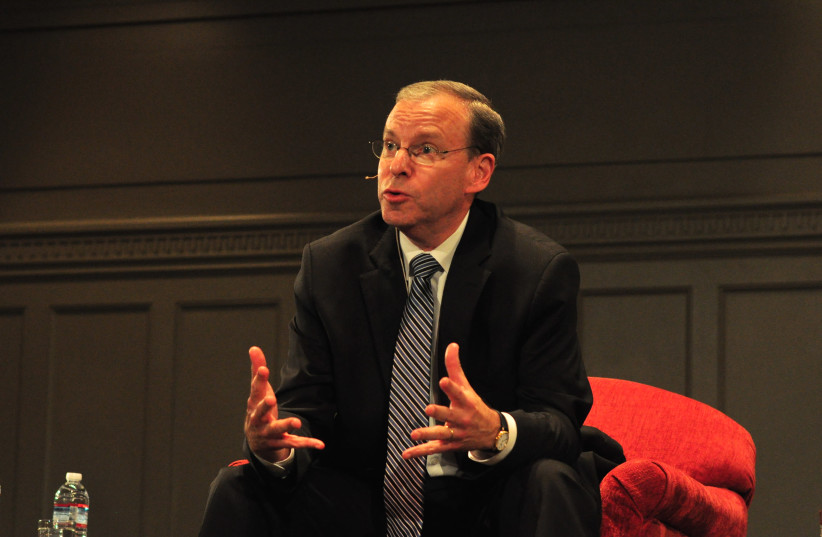WASHINGTON – The American Israel Public Affairs (AIPAC) PAC pushed back against criticism after its first round of endorsements. Last week, the pro-Israel group, announced endorsements ahead of the 2022 midterm elections. The list included 61 Republicans and 59 Democrats.
“Since launching 10 weeks ago, America’s pro-Israel PAC has raised over $1.67 million and an additional $1 million for candidates,” AIPAC tweeted. “We support pro-Israel Democratic & Republican members of Congress and congressional candidates to secure the future of the US-Israel relationship.”
However, the progressive group J Street sharply criticized the PAC for its endorsement, noting that some 35 of the Republicans AIPAC’s list voted not to certify the 2020 presidential elections.
“Claims of ‘bipartisanship’ cannot excuse support for candidates who only respect election results when their party wins,” J Street said in a statement.

“AIPAC’s support for these candidates endangers American democracy and undermines the true interests and values of millions of American Jews and pro-Israel Americans who they often claim to represent,” J Street national political director Laura Birnbaum said in a statement.
AIPAC spokesman Marshall Wittmann rejected the criticism.
“Unlike other groups which have ideological and partisan agendas, we are a single-issue organization that is focused on our mission of building bipartisan support in Congress to strengthen the US-Israel relationship,” he said. “At a time when Israel faces growing threats from Iranian regional aggression, it is imperative to build the broadest possible coalition in Congress to help ensure that the Jewish state has the critical resources to defend itself.”
A person close to AIPAC said that the sole criteria for evaluating a candidate is their effort on behalf of advancing the US-Israel relationship.
“This is a very highly polarized partisan environment, and it takes focus and discipline to not go astray from the mission, which is a bipartisan mission,” the source said.
Tom Dine, the head of AIPAC from 1980-1993, said that AIPAC’s old policy of not endorsing candidates worked.
“AIPAC’s new policy is a public failure,” he said. “Under such circumstances, the challenge is to correct the policy and return immediately to the no endorsement rule, and fold up the political action committees immediately, returning the money to the donors,” said Dine. “Failure has no place in the US-Israel relationship.”
Last December, AIPAC surprised many when announced that it would establish two new PACs that would allow the pro-Israel lobby to directly fund political campaigns. That was a major shift after 70 years in which AIPAC avoided entering the campaign arena in order to be able to balance relationships with both sides of the aisle.
